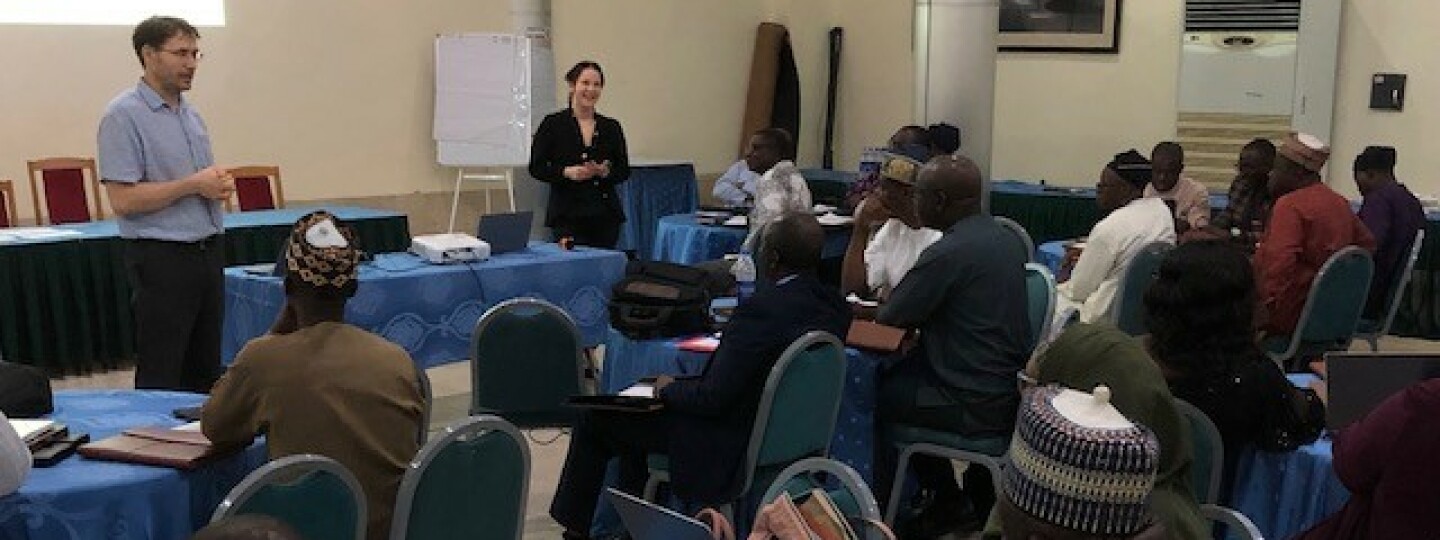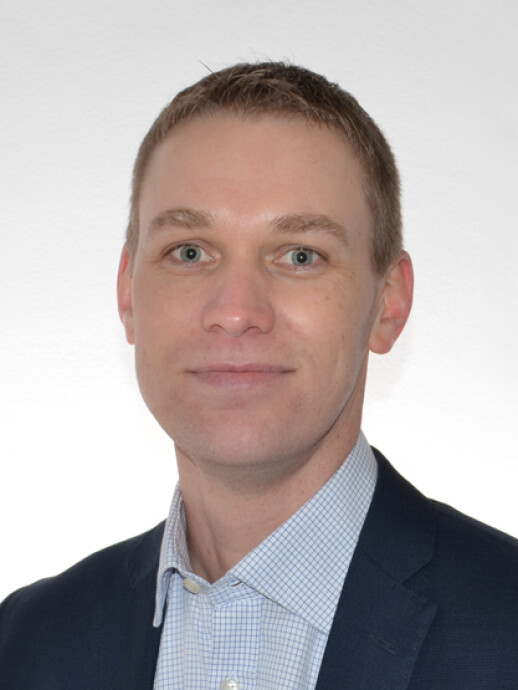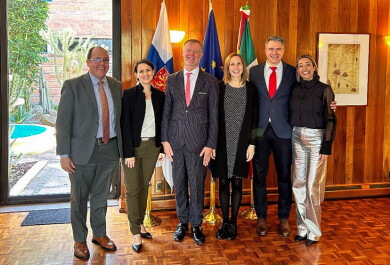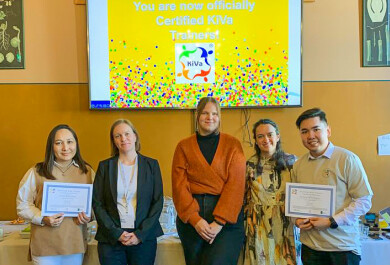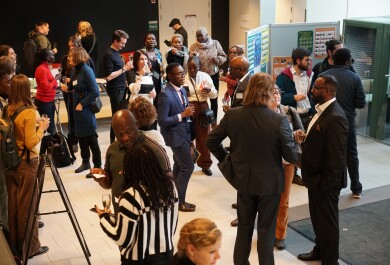The Innovation and Enterprise Development training programme organised by the University of Turku aims to provide understanding of the key principles of innovation and enterprise development as well as ideas and motivation for implementing entrepreneurship and innovation strategies in higher education.
In today's rapidly evolving world, many university leaders recognise that in order to drive transformation and leverage their institution's capabilities they need to grasp the crucial connection between innovation and enterprise development. At the same time, there remains a significant gap in understanding the true nature of innovation, its close connection to entrepreneurship and the ways both can be nurtured in an academic environment.
To address the knowledge gap, the University of Turku’s Innovation and Enterprise Development training aims to establish innovation and enterprise development as the foundation for transforming universities into catalysts for regional and national development. The training covers topics such as nurturing innovation and enterprise development within academic setting, equipping university leaders with skills and knowledge to cultivate a thriving entrepreneurial culture, and encouraging university faculty members and researchers to embrace entrepreneurship and translate their ideas and knowledge into impactful ventures and entrepreneurial activities.
In the spring of 2023, Innovation and Enterprise Development training programme was organised for 80 teachers, deans and management representatives from 12 Nigerian universities. The programme was organised in collaboration with the Tertiary Education Trust Fund (TETFund). The training took place in the capital city of Abuja in Nigeria with University Teacher Sanna Ilonen and University Lecturer Joachim Ramström from the University of Turku at the helm.
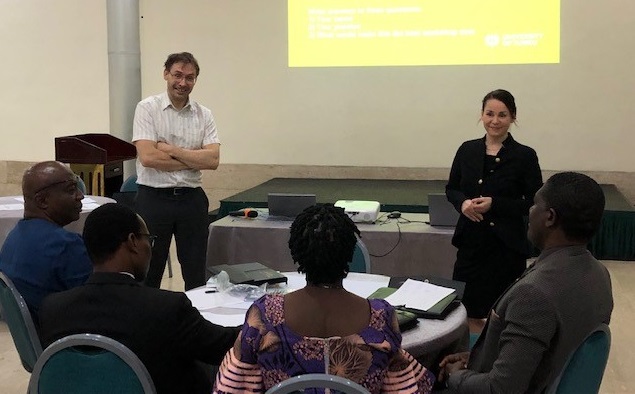
Tailored Action Plans for Entrepreneurship and Innovation
The purpose of training programme was two-fold. Firstly, the focus was on how education in entrepreneurship and innovation can be implemented and organised in universities and higher education institutions. Secondly, the aim was to help the participants discover how entrepreneurship and innovation can be truly integrated into their own educational institutions. With this in mind, the training covered topics such as educational practices, pedagogical solutions as well as internal support measures and strategies.
“In addition to discussing what should be taken into consideration when organising entrepreneurship and innovation education, it is really important to explore the support measures that are needed at the organisational level. This means the role of university management, governance structures and processes in supporting the integration of innovation and entrepreneurship into the universities and their communities,” says Ramström.
While entrepreneurship and innovation are concepts that are recognised in studies, research and working ethos at the University of Turku, the purpose of the training was not to teach the participants how to replicate what has been done in Turku. Rather, the focus in the training programme was firmly on the individual needs, contexts and resources of the participating university. The aim was to support the participants to create an action plan for their own organisation.
“One of the strengths of the training programme is that we do not teach or give a ready-made, one-size-fits-all model to the participants. They need to consider the main points, challenges and opportunities in their own institutional setting carefully. This way, the participants can really understand how they can integrate entrepreneurship and innovation into their own organisations – and create a plan for it,” explains Ilonen.
Empowering Individuals and Communities
In order to help the participants discover and explore their own context and situation, the training days incorporated plenty of room and time for discussions and teamwork. This workshop-like implementation enables exchange of ideas and practices as well as proper delving into issues that needed more attention.
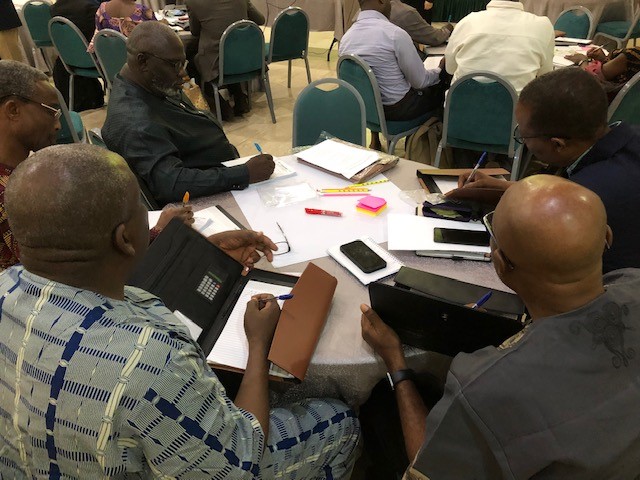
“The role of management in implementing entrepreneurship and innovation education was a topic that raised a lot of questions,” Ramström notes. “It is not always so easy to convince university management of the need to give staff more freedom when it also means giving them freedom to make mistakes. Also, a strong sense of hierarchy can make it quite tricky to let go of the need to control the actions and activities of, for instance, teachers. However, in order to succeed with innovation and entrepreneurship education, teachers need to be able to make decisions. And it can take quite a lot of time and patience for things to change. It requires courage from management to loosen up control. During the whole training programme we encouraged the participants to cultivate passion in their communities. This is by no means only a Nigerian phenomenon, it happens in Finland and elsewhere, too.”
“Top-down processes are important but entrepreneurship is also very much a bottom-up process. I believe we managed to plant seeds for both during the training,” Ilonen continues.
Entrepreneurship education empowers individuals and communities. This is why both Ramström and Ilonen believe entrepreneurship and innovation should be integrated into academic settings and education in different disciplines. Those who have managed to do this successfully can lead the way for others.
“Entrepreneurship has a strong foundation at the University of Turku. We have a lot of expertise, studies and research in entrepreneurship and innovation. So, while we do not want to impose our ways of working on others, I think we are in a very good position to share our knowledge and experiences, as well as mistakes, which, in turn, can motivate, help and inspire others,” Ilonen explains.
“It is important to give people, especially young people, the power to shape their own future and build up their own career paths. It is increasingly what is expected of all of us in working life anyway. If we can utilise our expertise and knowledge to help people in other parts of world to realise their potential then I think we should absolutely do that,” Ramström concludes.
